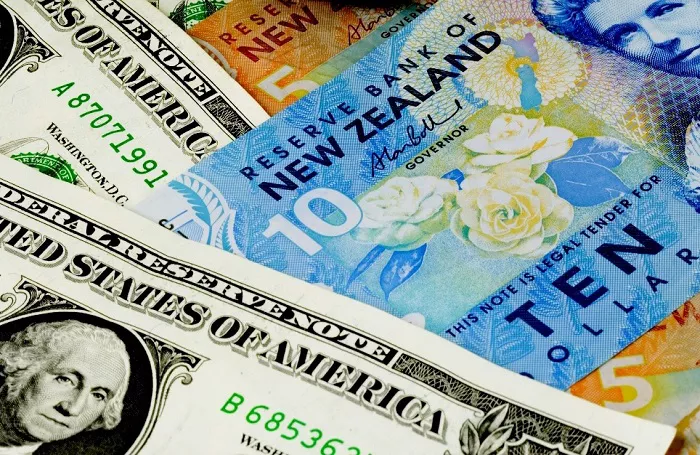ByteDance, the Chinese tech giant and parent company of TikTok, has allocated over 150 billion yuan ($20.64 billion) in capital expenditure for 2025, with a significant focus on artificial intelligence (AI), according to two individuals familiar with the plans.
Roughly half of the spending is earmarked for overseas AI-related infrastructure, including data centers and networking equipment, the sources revealed. This aggressive investment underscores ByteDance’s ambitions to bolster its AI capabilities both domestically and internationally.
Key Beneficiaries and Strategic Goals
The primary beneficiaries of this spending spree include Chinese chipmakers Huawei Technologies and Cambricon Technologies, as well as U.S.-based Nvidia, known for its cutting-edge AI hardware. All three companies declined to comment on the development.
ByteDance aims to cement its leadership in China’s AI ecosystem, leveraging its arsenal of over 15 standalone AI applications—more than domestic competitors like Baidu and Tencent. Notable among these is Doubao, a popular chatbot with over 75 million monthly active users, according to QuestMobile data.
Internationally, ByteDance’s investments seek to enhance its AI offerings amid mounting uncertainty over TikTok’s future in the U.S. The company faces ongoing scrutiny, with geopolitical tensions influencing policy decisions. In a recent executive order, U.S. President Donald Trump delayed a potential TikTok ban for 75 days.
Comparative Spending and AI Infrastructure
ByteDance’s planned spending remains modest compared to U.S. tech leaders. Alphabet, the parent company of Google, allocated $50 billion last year for AI infrastructure, while Microsoft reported $55.7 billion in expenditures for its fiscal year ending June 30, a large portion of which was directed at AI initiatives.
In contrast, ByteDance’s AI ambitions include diversifying its application portfolio and developing overseas counterparts for its domestic apps. Doubao’s international version, called Cici, and the text-to-video generator Jimeng’s global equivalent, Dreamina, are part of this strategy.
Strengthening AI Hardware Supply
The company has emerged as Nvidia’s largest buyer of H20 AI chips, designed specifically for the Chinese market to comply with U.S. export restrictions. Additionally, ByteDance is reportedly Microsoft’s top Asia-based client for accessing Nvidia chips through cloud computing services.
Earlier reports indicate ByteDance is planning to invest up to $7 billion in Nvidia chips outside China and $12 billion in AI infrastructure, as stated by The Information and the Financial Times, respectively.
Expanding the AI Portfolio
Beyond its chatbot Doubao, ByteDance’s AI ecosystem includes products like Jimeng, which generates text-to-video content, and Xinghui, an image-generation tool. Other platforms like Kouzi support custom chatbot development, while Maoxiang specializes in role-playing and emotional support.
On Wednesday, ByteDance unveiled an upgraded version of its flagship AI model, also called Doubao, aimed at competing with reasoning models from OpenAI, a company backed by Microsoft.
A Broader Context
ByteDance’s 2025 investment highlights its push to stay competitive in the AI race, particularly against Western tech giants. While its spending may be outpaced by peers in the U.S., its strategic focus on AI-powered tools and international expansion reflects the company’s broader ambition to remain a dominant player in the global tech landscape.
Related topics:
EUR/USD Faces Stagnation Amid Trade War Uncertainty and ECB Policy Outlook
NZD/USD Faces Selling Pressure as Trump Considers New Tariffs on China
Bank of Japan Expected to Raise Rates to Highest Level Since 2008 Amid Global Economic Shifts


